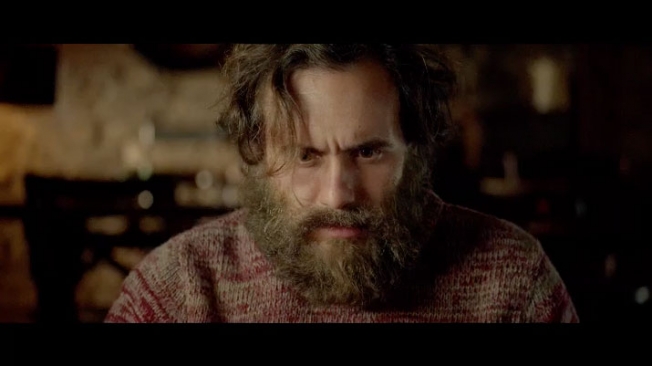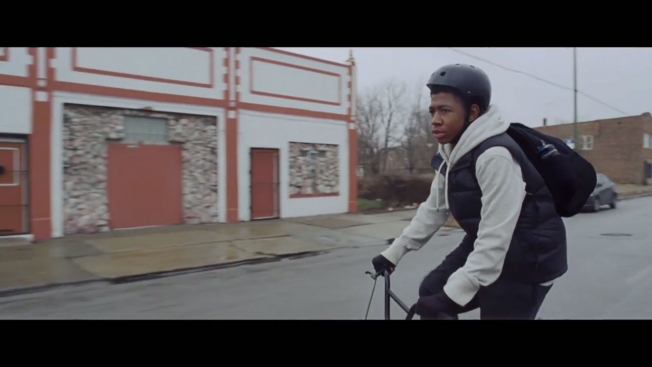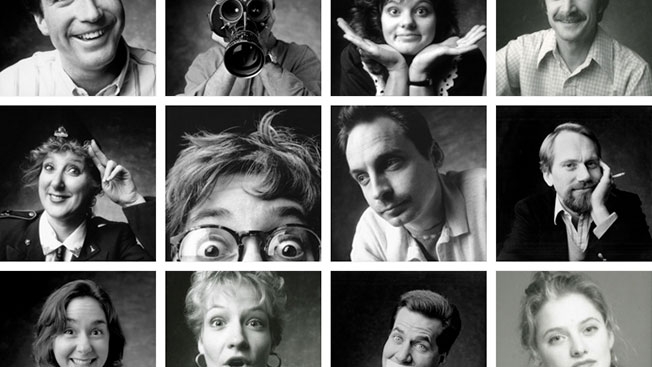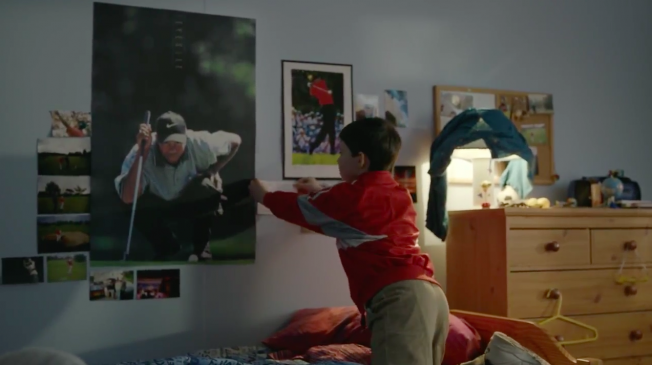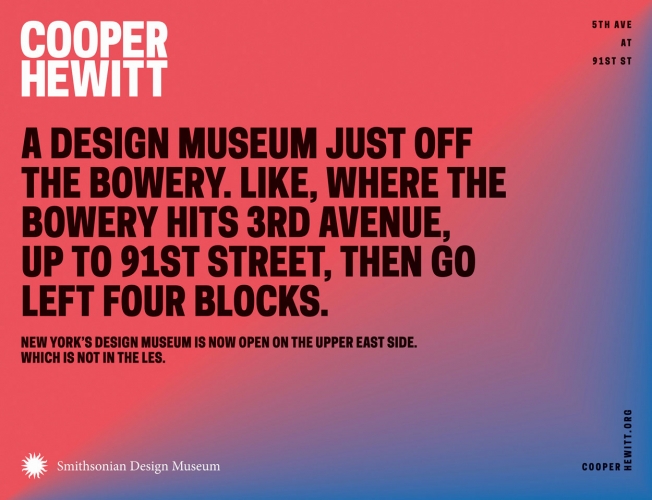![]()
In 2005, Wieden + Kennedy provided a fresh start for Sarah Gertrude Shapiro after she literally fled her reality TV job on The Bachelor—and Hollywood. A decade later, the agency has changed her life yet again: helping her co-create her own Lifetime series about, yes, a Bachelor-like show.
"It's very much outside the purview of any advertising agency to be able to do this," said Sally DeSipio, head of entertainment at W+K and an executive producer of UnReal, Shapiro's new Lifetime drama.
The series, which premieres June 1 after a successful debut last month at SXSW, goes
behind the scenes at a Bachelor-like reality dating competition program and stars Shiri Appleby as a conflicted producer who must manipulate the show's contestants to get the footage her bosses need. UnReal is based on Shapiro's independent short Sequin Raze, which received an Honorable Mention in SXSW's 2013 Short Film Jury Awards.
In Bachelor-speak, it has been a fairy-tale ending for Shapiro, an independent filmmaker, who at 23 had contracted to work on a reality series to make ends meet. Instead, the show's production company "forcibly jumped" her onto The Bachelor, where she miserably toiled as a field producer.
"Part of how I got out of my contract was leaving the state," said Shapiro, who drove to Oregon where she planned to "drop out and be a kale farmer or embroider tapestries." But the Portland-based W+K had other plans for her. The agency reached out, asking her to work on Battlegrounds, a docuseries featuring NBA star LeBron James it was making with MTV. "It was like a moth to the flame," said Shapiro, who joined as a content producer.
While working for Wieden, she developed the idea for Sequin Raze and cornered DeSipio when she arrived at W+K in 2011 after 20 years as a TV executive and producer. Thanks to DeSipio's outsider perspective, "she was naïve enough to say, 'Why not? Why can't we do it?'" said Shapiro. "Sally became my total champion from that time forward."
When Shapiro was accepted to the American Film Institute's prestigious Directing Workshop for Women in 2012, where she made Sequin Raze, W+K kicked in 50 percent of the fee and allowed her to complete the film's postproduction work with them. Then, DeSipio watched a rough cut of Sequin Raze in late 2012 and realized their journey had just begun.
"I said, 'We can sell this as a TV show,'" said DeSipio, who invited Shapiro to join her on a business trip to Los Angeles. "And they need to hear this story from you. I need to teach you how to pitch it."
Shapiro, who had never pitched a series, proved to be a quick study. When the pair met with Nina Lederman, Lifetime's svp, scripted series programming and development, "I wanted it immediately. It was a no-brainer," said Lederman, who paired Shapiro with seasoned TV writer Marti Noxon (Bravo's Girlfriends' Guide to Divorce).
Heading into this year's upfront, Lifetime is banking on UnReal to continue its momentum of attracting younger audiences (in 2014, its median age dropped to 48, making it Lifetime's youngest-skewing year in 18 years) and more women (in 2014, it had its strongest women 18-49 ratings in six years). After saying farewell to long-running series Army Wives and Drop Dead Diva, the network hopes that UnReal—and its upcoming Damien, a sequel series to The Omen—can be its next signature series.
"This looks like a good fit for the network. The Bachelor still has legs, even after all these years, so the viewer will be completely familiar with that setting," noted Jill Isherwood, vp, associate director of broadcast research at GSD&M. As Lifetime heads into this year's upfronts, "they're in a pretty good place," added Isherwood. "It's always a transition as you try to move a network younger and change the brand identity a little bit. Some people still have some association with those 'women in peril' movie franchises from the '90s, but they're having a lot of success getting away from that."
More importantly, UnReal is also Lifetime's first series from A+E Studios, the company's in-house production company launched two years ago, that is also supplying shows to sister networks A&E (The Returned) and History (the miniseries Texas Rising, Sons of Liberty and Houdini). With A+E Networks looking to own more of its content, "the timing worked out beautifully" for the company to take on UnReal, said Lederman. "It's all about controlling your IP and having the ability to mine the value of a show in every way possible. We want to be able to control how our products get seen and where they get seen, and when you don't have to ask permission or clear things with another studio, it's just easier."
In-house production "is a business necessity, and that's why we see so many networks going this way," said Isherwood of A+E Studios, which joins companies like AMC Studios, Universal Cable Productions and FX Productions in funneling projects to its home networks. "To be able to control their production costs and distribution platforms is huge. Production costs are scaling exponentially, so something has to give."
As she wraps up UnReal's first season, Shapiro—who left Wieden + Kennedy last July—credits the agency with giving her the smarts to thrive in her triumphant Hollywood return. "By the time I got on the set, I was so much more prepared, mature, articulate and experienced than I would have been," she said. "Wieden made me really brave and creative. It was a nice way to get prepared for television."





